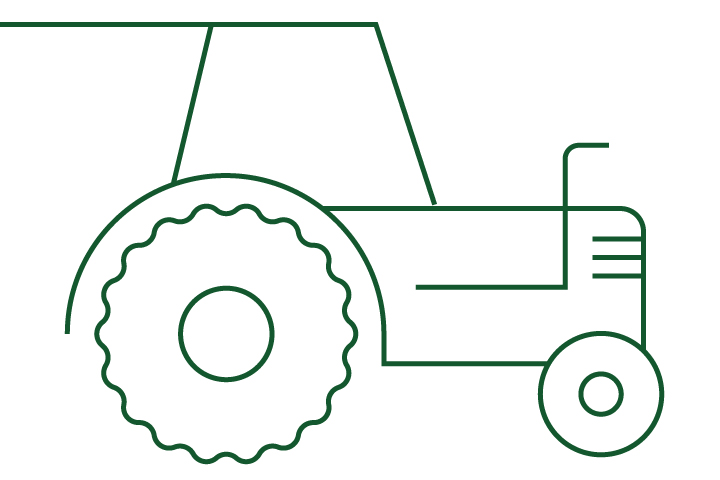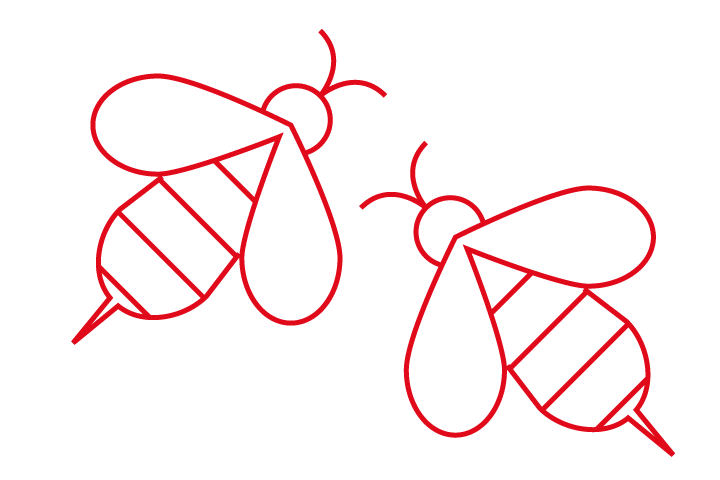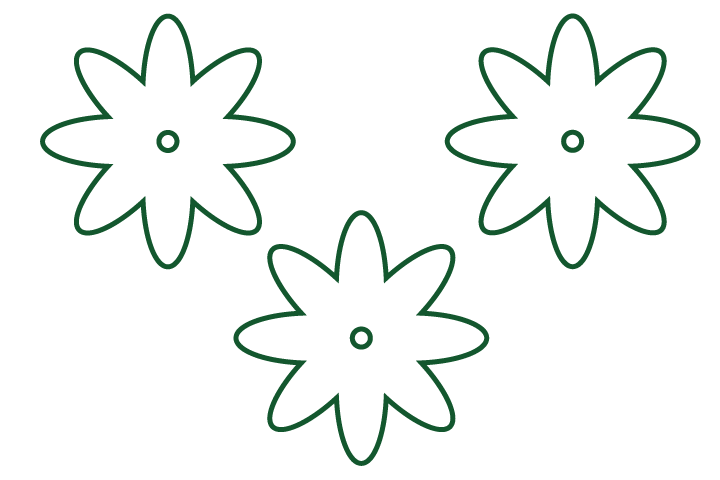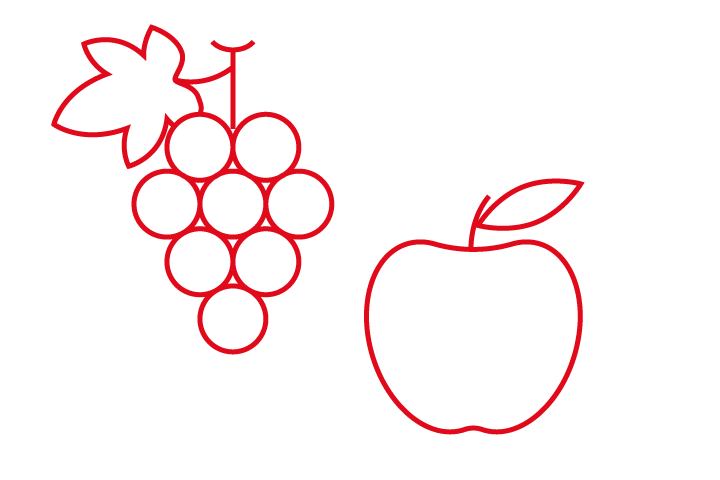Contacts:
Joachim Schouteten
Ghent University
joachim.schouteten@ugent.be
Adrienn Molnar
Ghent University
adrienn.molnar@ugent.be
Margo Degieter
Ghent University
margo.degieter@ugent.be
Content:
Lesson 1 - Rural development and Multifunctionality
- Background
- Definition of ,rural´
- Definition of rural development
- The concept of multifunctionality
- Fabioland Story telling
- A social-health Model: the MISS project
Lesson 2 - Business plan and business canvas model
This lesson explains the function of a business plan and how it is written. Further, the concept of a Business Canvas Model will be explained. This lesson will also give an insight into several types of business models.
Lesson 3 – Marketing management
This lesson explains what marketing is. Also, different tools for market analysis and how market analysis leads to marketing strategies will be covered. Finally, the marketing mix will be explained.
Lesson 4 – Financial analysis
This lesson will cover financial analysis. The statements balance sheet, income statement, cash flow statement and statement of owners’ equity will be explained. Also, the ratios used to understand these statements will be explained. Finally, the different types and sources of funding will be elaborated.
Lesson 5 – Cost accounting
In this lesson the difference between fixed and variable, direct and indirect and marginal and differential costs will be explained. Further, the break-even point and activity based costing will be elaborated.
General goal:
The goal of this course is for students to gain a basic insight into the following topics: business plan and business model canvas, marketing management, financial analysis and cost accounting, since these are important for the success of a business. An introduction to Multifunctional Agriculture (MA) (lesson 1) is also part of this course. Lesson 2 will explain the function of a business plan and a business canvas model. Also several types of business models will be explained. Insight into this topic is important since every (starting) business needs a business plan. Lesson 3 will focus on market analysis, market strategies and the marketing mix, which are important to achieve marketing objectives. Lesson 4 will explain the concepts balance sheet, income statement, cash flow statement, statement of owners’ equity and financial ratios. Also the different types and sources of funding are covered in this lesson. This is important to gain a basic insight into the financial statements and financial health of a company. The final lesson will focus on cost accounting.
The introduction course will be given in class and should be slightly adapted depending on the country where it is given (e.g. the examples given in the different lessons should be more country-specific).Skills/competences:
No
previous knowledge is required.
Tasks, activities:
Courses will be given in class. A field trip will also be included in the introduction course.
Evaluation criteria:




